

Uh oh...
It appears that you're using a severely outdated version of Safari on Windows. Many features won't work correctly, and functionality can't be guaranteed. Please try viewing this website in Edge, Mozilla, Chrome, or another modern browser. Sorry for any inconvenience this may have caused!
Read More about this safari issue.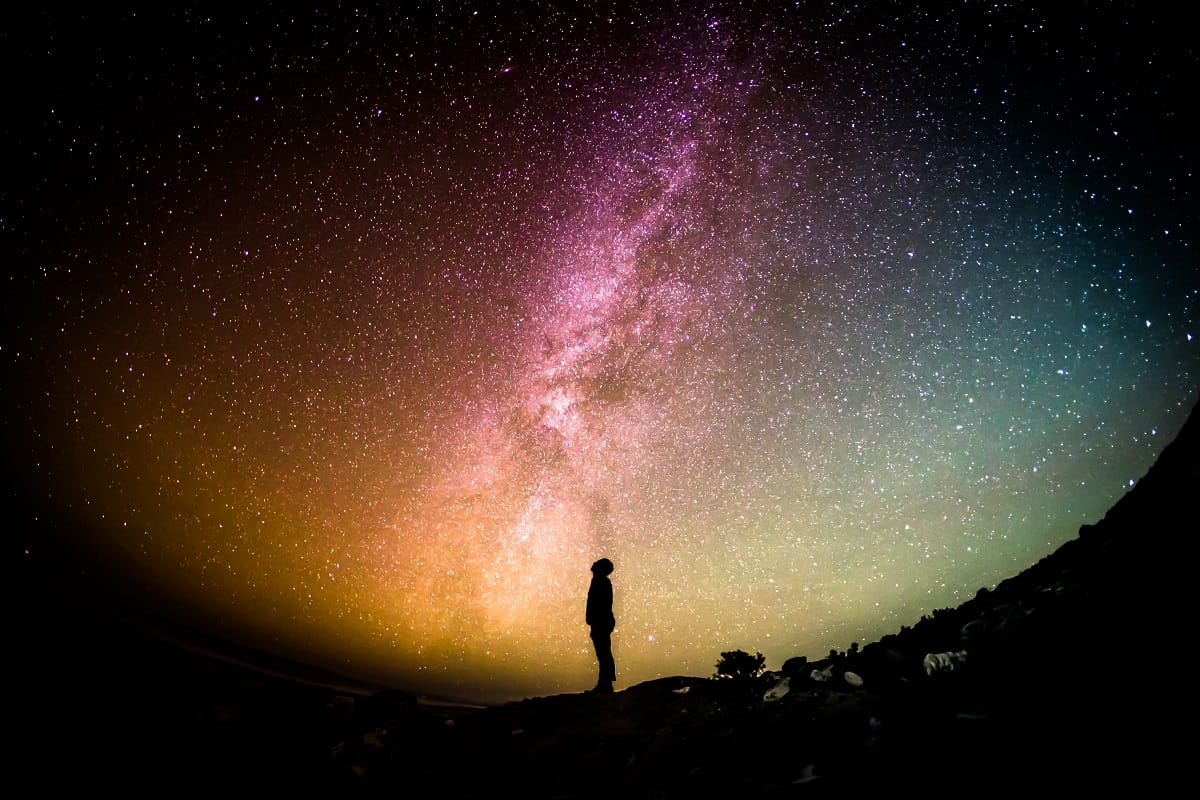

When I first learned that Arkansas would be experiencing a major solar eclipse in late summer, I realized my only real knowledge of an eclipse revolved around two facts.
- Always wear special glasses because vision is precious (the sun should never be looked at without protection which includes a pin-hole projector or a properly filtered solar telescope).
- It’s the perfect time to commit a crime (according to the novel Delores Claiborne).
And while Stephen King is a great educator when it comes to horror and writing fantastic dialogue, I realized that when it came to matters of science, I needed to do some further research.
The term “eclipse” is derived from ancient Greek, meaning “the abandonment” or “the downfall.” A solar eclipse (like what Arkansans will view this August) is when the Moon’s shadow crosses the Earth’s surface, blocking light from the sun. An eclipse can also refer to a lunar event (when the moon moves into the earth’s shadow). Mankind has long been gazing upwards at the stars and tracking eclipse dates. A Syrian clay tablet recorded one as early as March 1223, and a stone record in Ireland recorded an eclipse in November of 1340. Chinese records of solar eclipses date back over 4,000 years.
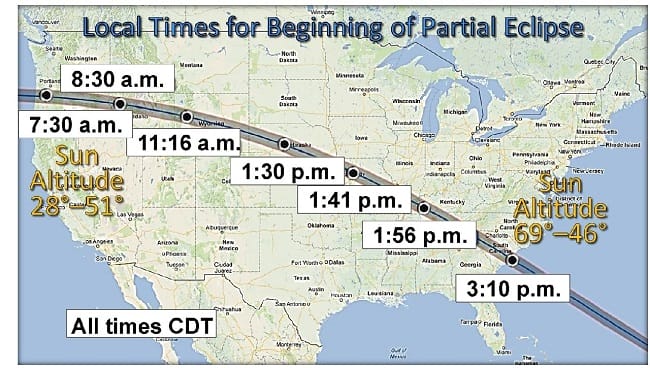
And now, on August 21, 2017, Arkansans will be part of many millennia of mankind observing solar eclipses. It’s less than two months away, and according to NASA will be viewable from coast to coast across North America. This will be the first total eclipse of the sun to span the US west to east in decades, and Arkansas will be part of the prime viewing area. And luckily, we have our very own astronomer to give us insight into the eclipse.

Dr. Clay Sherrod helped found Arkansas Sky Observatories. He’s been collecting information on asteroids and the outer heavens since 1971 on Petit Jean Mountain. Arkansas Sky Observatories is a major contributor to the Harvard Minor Planet Center, and has resulted in more than 110,000 orbital measurements of comets and asteroids.
In other words, Dr. Sherrod knows his stuff.

Photo courtesy of Arkansas Sky Observatories
According to Dr. Sherrod, this is how the solar eclipse will be experienced in August:
“For many in a 70-mile-wide path – in or near the cities of Portland OR, Cheyenne, WY, Lincoln NE, Kansas City MO, St. Louis MO, Knoxville TN, Atlanta GA and down toward Myrtle Beach SC – the sun will be precisely and completely covered, or TOTAL where daylight will appear to turn into night time at high noon. Nocturnal animals will come out, the air cools down more than 15 degrees and the stars shine brightly overhead at mid-day.”
And even though Arkansas is not in the total eclipse path, and while much of the US will travel in mass tourist fashion to be in the direct eclipse line, Dr. Sherrod has advice for those that want to stay at home in Arkansas.
“Every single lodge, motel room, bed and breakfast and campsite along the eclipse path is booked and is standing room only. In fact, tens of millions of people will migrate from all across the world to witness this eclipse and any town or resort, park or gravel road within its path will be packed with people for one week prior to the event. For those who cannot or choose not to travel, do not despair. Here in Arkansas, we will witness over 90 percent of the sun’s surface obscured by the moon as it slowly creeps across the disk of the sun, moving from west to east. The entire event will last from 11:46 a.m. until 2:45 p.m. CDT from central Arkansas.”
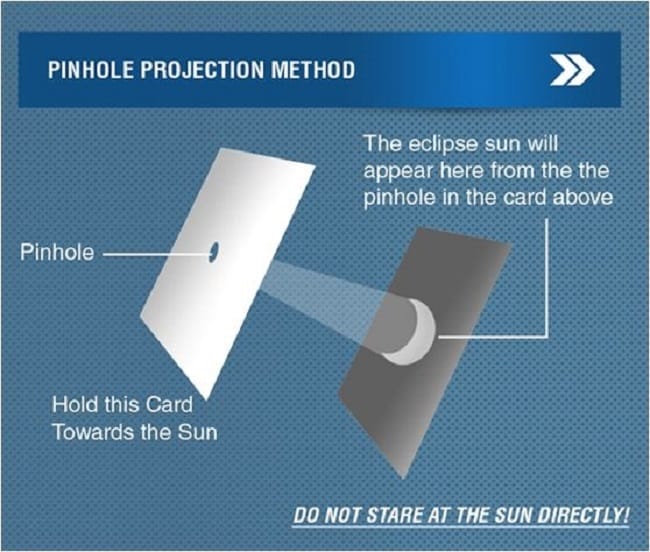
Photo courtesy of Arkansas Sky Observatories
Arkansas Sky Observatories, in cooperation with Arkansas State Parks Petit Jean State Parks, will offer telescopic safe viewing of the sun on the morning of Monday, August 21 at the camping overflow area near Lake Bailey. Dr. Sherrod will bring a special computerized telescope for safe viewing that will allow viewers to see an actual image of the sun with sunspots and the moon as it progresses across the sun’s surface. A secondary telescope will possibly be projecting live images of the eclipse on a large TV for everyone to enjoy. Interpreters and ASO personnel will be on hand to assist in pin-hole projection methods and other safe ways for visitors to safely view this eclipse.
With less than 10% of the sun left shining here in Arkansas, we might not be in the path of a total eclipse, but we’ll be fully part of something amazing and will be left with little doubt that we’ve experienced something monumental and as old as the Syrian tables transcribed in 1200’s.
For more information on Arkansas Sky Observatories, you can visit the website at http://arksky.org/
Join the Conversation
Leave a Comment
One response to “Day Turns to Night: Solar Eclipse in Arkansas”
 Leave a Reply
Leave a Reply
We do the work.
You check your email.
Sign up for our weekly e-news.
Get stories sent straight to your inbox!
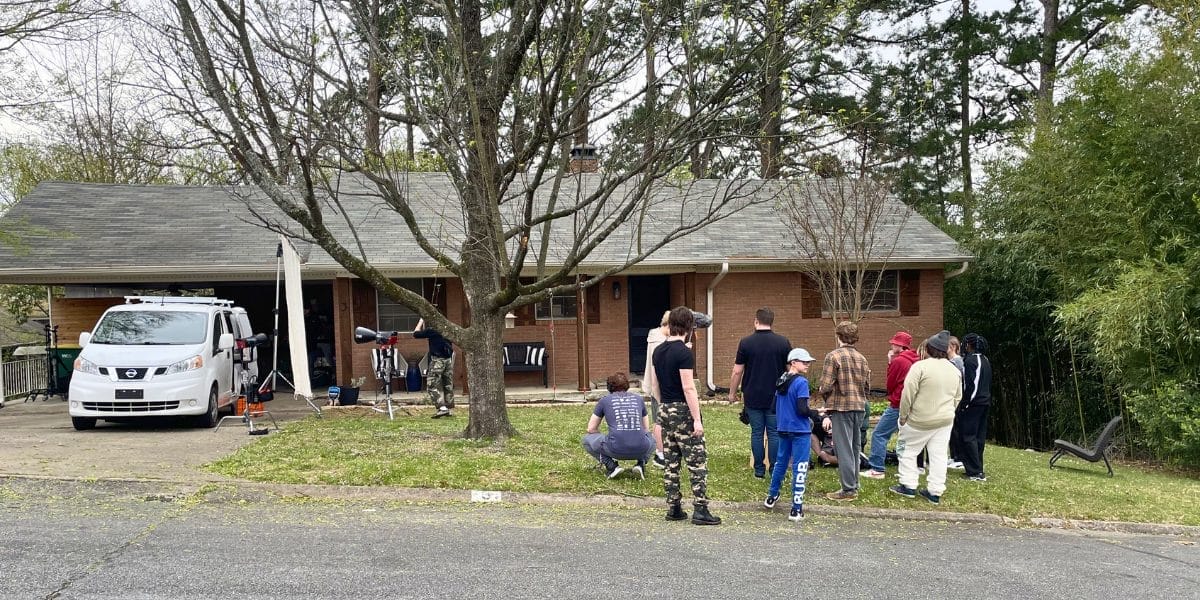




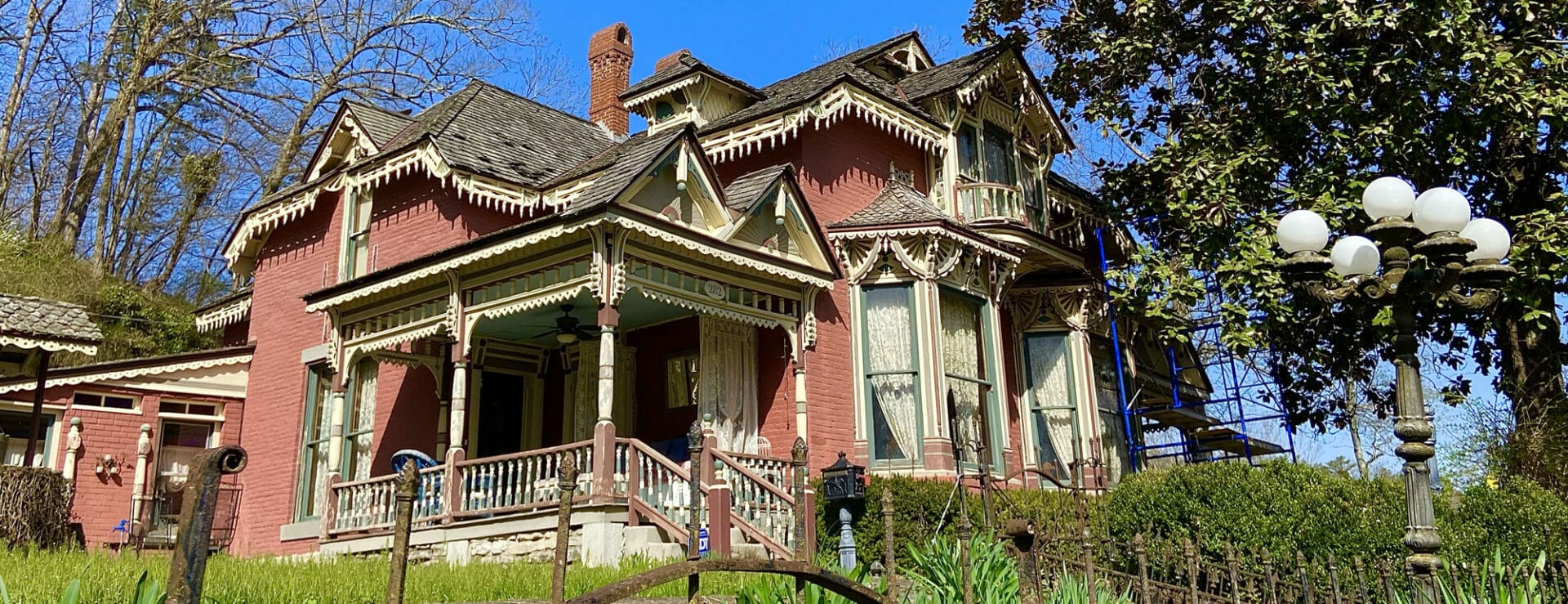

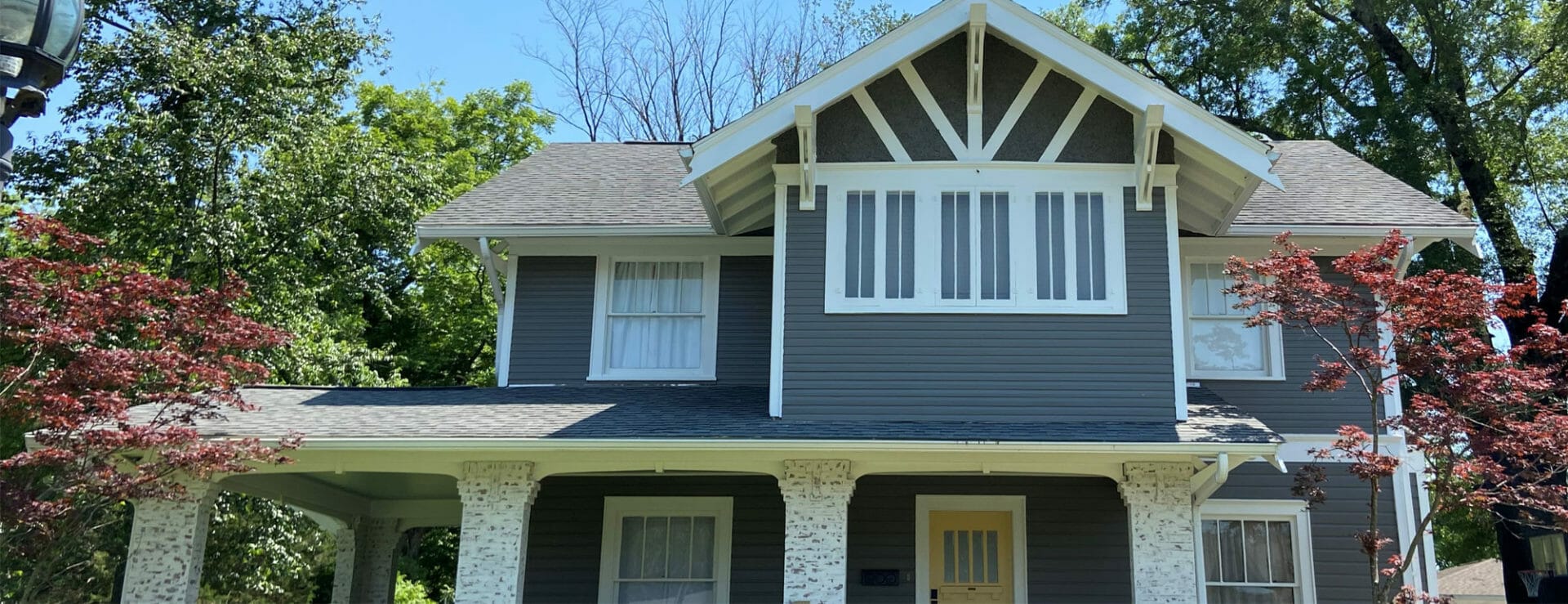
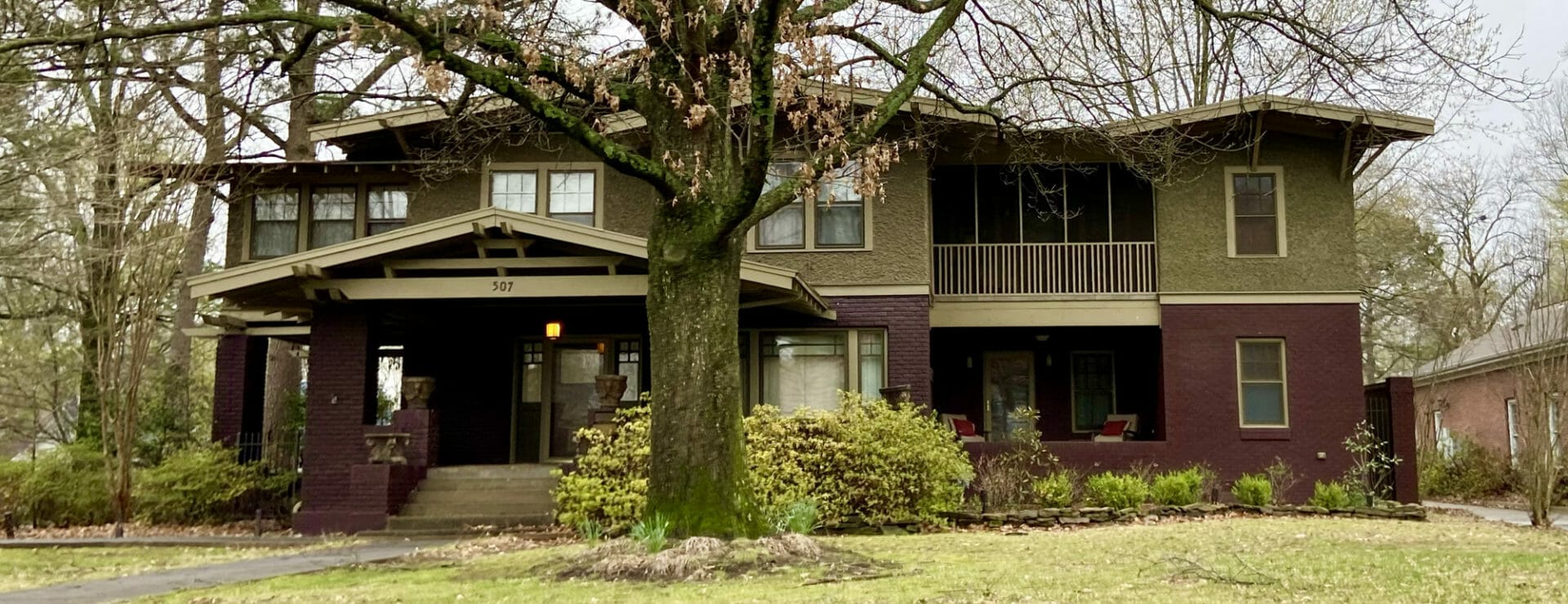
 Leave a Reply
Leave a Reply
[…] Click here to read our in-depth story about the eclipse August 21st. […]